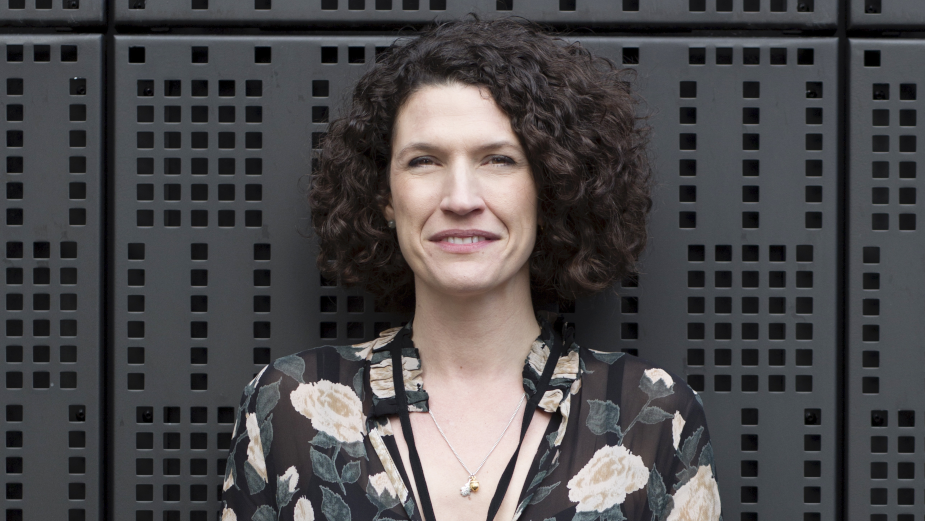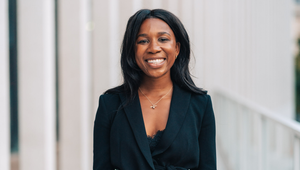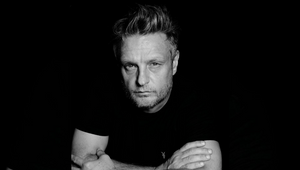
Sara Tate on How Curiosity, Connections and Curation Drive the Creative Mind

If curiosity and connections are the drivers of creativity, creative minds are getting a serious upgrade thanks to technology. From AI image generators that are having a massive moment this summer, to platforms like the industry’s first AI talent agent GENIE, those connections are proliferating. According to brand and organisational strategist, Sara Tate (former CEO of TBWA London and MD/strategy director at Mother London), that exciting and expansive sense of possibility means that the very human ability to evaluate and curate is just as important a part of the creative toolkit.
Here she shares her own insights into how to nurture that curiosity- and considers how neurodivergent minds can make those connections in different ways.
Q> What do you think makes a ‘creative mind’, to you?
Sara> The ability to make connections.
To bring different ideas together in a way that has surprising, impactful and never before seen outcomes.
Q> Do you think the creative mind is something you’re born with, or something that’s learned, developed and nurtured over time? If the latter, where do you believe it’s learned from?
Sara> I think the key ingredient is curiosity. All children are born curious, but research shows we become less curious as we get older because we’re more conscious of being ‘right’.
So I think the first step is trying to maintain that natural curiosity.
But it’s also a skill that needs to be honed. You have to be able to evaluate which connections have the power to be surprising and impactful.
So curiosity is an innate thing we must protect, and editing is a skill we can learn.
Q> Is there something specific that inspires your creativity?
Sara> I’m a huge reader. My sister has this picture of me standing in the sea reading a book when I was seven.
I don’t mean ‘classy’ literature: I devour anything from Agatha Christie to kids Fairy Tales. For me it’s the best way of seeing the world through different eyes.
I’m actually dyslexic, which can make reading slower than I’d like. So now I listen to hundreds of hours of books. For people who are neurodiverse it’s interesting to learn how you best take in information.
If the creative industry can create better environments to bring out the best in neurodivergent people, I think that will inspire the creative process. Neurodiverse people can bring alternative ways of looking at things.
Q> How do you think the modern world is changing what creativity looks like, if at all?
Sara> I think the brilliant thing is we are open to more stimulus; more content, more visuals, more video, more everything. So there are more opportunities for the creative mind to make connections.
But that also means we get quantity over quality. People struggle to choose what’s the most impactful: there’s still a human skill in evaluating those connections.
Think of David Bowie who used to print and cut up diaries and lyrics to create unexpected combinations of words and phrases. These days we have AI generators who can do that for us.
But you need the human eye to decide which of all these things we’ve put together will have an impact . You still need a David Bowie to decide, to say: “Okay it’s that bit, and that bit”.
That’s the genius part.
Q> Have you seen a piece of work that you feel exemplifies how the creative mind looks at things differently?
Sara> I’m seeing Sam Fender this Friday. He’s a great example of someone who has smashed different sounds together to create something unique. He is obviously young, talented and modern, but is also a massive Bruce Springsteen fan.
He could have just been a great singer songwriter, but he’s fused it with these saxophone sounds from the 80s and 90s- and there’s a bit of a risk in that.
Who else is blaring out saxophone solos at Glastonbury? It’s made him really stand out.
Q> How do you think technology like GENIE enables creativity to thrive, if at all?
Sara> You don’t want to spend weeks and weeks finding people: You want to start the creative process as quickly as possible.
You want all the great ideas and people in one place, so they can smash unknowns together, create new connections and start evaluating them.
That’s when unique and impactful things happen.
Sara Tate is a brand and organisational strategist. Her new book The Rebuilders is available now. You can also find her on Twitter and LinkedIn










